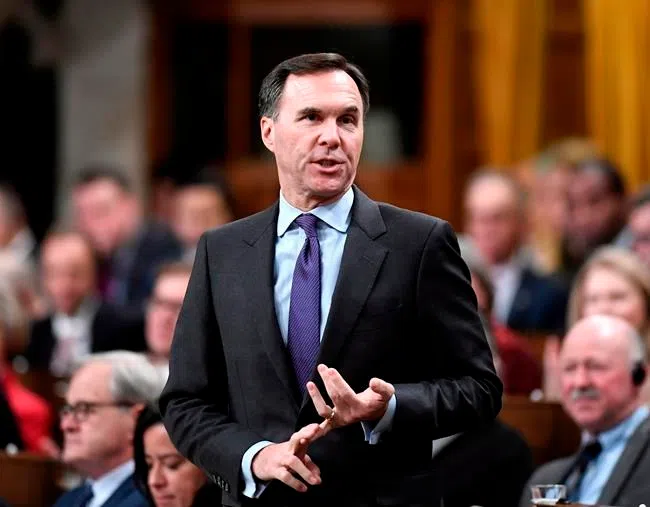
Ottawa to release competitiveness plan, but it’s unclear how much help is needed
OTTAWA — The federal government will roll out an update to its fiscal plan Wednesday to help Canada compete for investment dollars following major American corporate tax reforms — but it’s up for debate whether the country is facing a serious investment challenge.
The business community has called on federal Finance Minister Bill Morneau to respond to the Trump administration’s tax and regulatory overhaul — and corporate tax cuts for Canada have been the most-cited suggestion.
The government, however, has signalled it will be focused on targeted measures to attract investment, rather than broad-based corporate tax reductions that would lower federal revenues by billions of dollars per year.
Wednesday’s much-anticipated fall economic statement arrives after months of debate about whether Canada has lost its edge as an investment destination, and by how much.